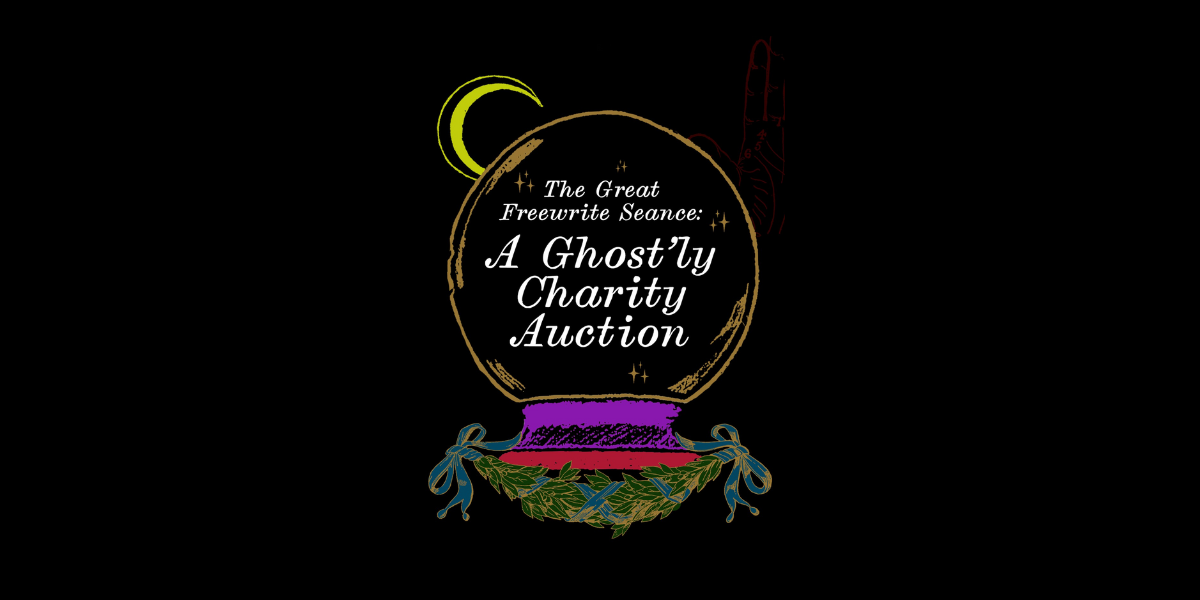A algunos escritores les encanta editar. A otros… no tanto. En cualquier caso, editar es una parte esencial del proceso de escritura. Y, como escribir, requiere mucho tiempo.
Por suerte, editar no tiene por qué llevar una eternidad. Si quieres perfeccionar tu escritura sin dedicarle horas interminables, considera estos tres consejos.
1. Comience con un esquema
Es difícil llegar a cualquier parte sin un mapa (o quizás una aplicación de navegación sea más apropiada para 2018). Asimismo, es difícil escribir sin un destino en mente. Para predeterminarlo, considera delinear.
Tu esquema puede ser tan simple o complejo como desees. Si escribes una entrada de blog independiente, podría consistir en viñetas. Si escribes una novela, podría tener varias páginas. En cualquier caso, dedicar tiempo a crear un esquema con antelación puede ahorrarte mucho tiempo en el proceso de edición. Si te preguntas por qué, volvamos a nuestra metáfora del mapa.
Si viajamos sin una aplicación de navegación, es probable que nos perdamos por el camino. Eso significa perder tiempo retrocediendo, cambiando de ruta y dando vueltas. Lo mismo ocurre con la escritura. Un esquema nos muestra hacia dónde vamos para no perdernos. Sin uno, podríamos llegar al proceso de edición y darnos cuenta de que nos hemos desviado mucho del camino. Entonces tendríamos que dedicar más tiempo a la edición para volver a encaminarlo todo. Esa no es forma de agilizar la edición.
Puede leer más sobre la importancia de delinear en esta publicación: Delinear para escritores que odian delinear .
2. Utilice software de edición
Los robots aún no han tomado el control, pero eso no significa que no sean súper inteligentes. De hecho, existen muchos programas que pueden ayudarte a editar tus textos.
Tomemos como ejemplo ProWritingAid . Funciona como un corrector gramatical, pero va mucho más allá de los errores gramaticales. Detecta una amplia gama de errores de escritura que hacen que tu texto sea torpe o poco claro, como la voz pasiva, las oraciones pegajosas, las frases repetitivas y la elección de palabras imprecisas. Y todo esto a la velocidad del rayo.
Prueba a subir un texto a la herramienta en línea y genera un informe resumido. Es gratuita y verás los cambios clave que mejorarán tu escritura. O, para ahorrar aún más tiempo, puedes usar las integraciones con Microsoft Word/Office, Google Chrome, Google Docs, Scrivener y más.
Es una forma sencilla de editar más rápido (y de manera más eficiente).
Relacionado: 10 reglas gramaticales que siempre debes seguir
3. Tómate un descanso entre la escritura y la edición
Lo sé. Suena contradictorio. ¿Por qué recomendaría dedicar más tiempo a un artículo sobre cómo ahorrar tiempo?
Porque realmente funciona. No necesitas tomarte un descanso largo entre escribir y editar. Podría ser un día, una hora. Sea cual sea tu decisión, tomarte un tiempo entre escribir y editar acelerará todo el proceso.
Hay varias razones para esto. Primero, el tiempo de inactividad permite que tu cerebro cambie de marcha. Aunque son similares, escribir y editar requieren habilidades diferentes. Escribir se trata de ver lo que no existe; editar se trata de refinar ideas establecidas. Es difícil pasar de una a otra. Tomar un descanso después de escribir nos prepara para la edición. Y cuando lo hacemos, la edición avanza más rápido.
Además, hacer una pausa antes de editar le da tiempo a tu subconsciente para reflexionar sobre lo que has escrito. Aquí tienes un ejemplo que no implica escribir: recuerda la última vez que perdiste las llaves del coche. (Yo lo hice hace 20 minutos). Probablemente te diste cuenta de que buscaste por todas partes y no las encontraste. Luego, tal vez te alejaste un rato. Al volver, puede que hayas recordado de repente dónde dejaste las llaves.
No, las llaves no te notificaron telepáticamente su ubicación (aunque eso sería genial). Eso fue obra de tu inconsciente. Funciona igual con la escritura y la edición. Tu inconsciente encuentra soluciones a los problemas, incluso cuando no lo sabes.
Bueno, ya te he quitado bastante tiempo. ¡Ve a editar!
Acerca del autor:
Kyle A. Massa es un autor de ficción especulativa que vive en el norte del estado de Nueva York con su esposa y sus dos gatos. Le encanta el presente y los personajes con múltiples puntos de vista. De mayor, quiere ser jugador profesional de Magic: The Gathering. Para ver más de su obra, visite www.kyleamassa.com .





























